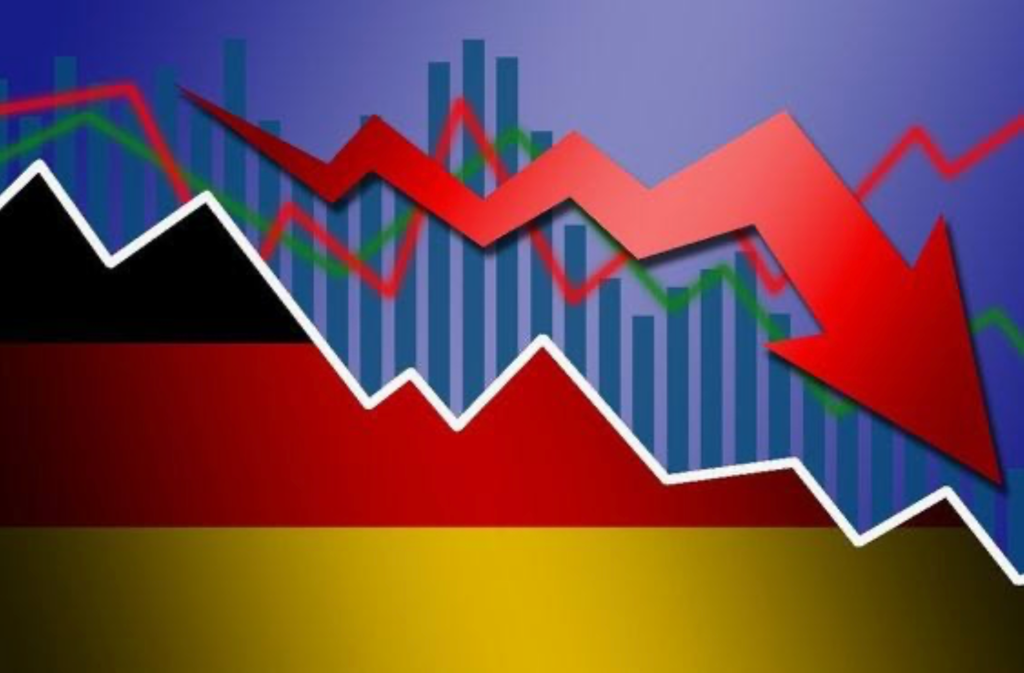By: Arjun Vir Kapoor
Jeremy Rifkin theorized a new vision of how to transform the global economic dynamic in an efficient and sustainable manner.
Great economic revolutions of the past have occurred at distinct periods of human history. These are the rare periods when new communication revolutions converge with new forms of energy and mobility. The implementation of these new communication, energy, and transportation technologies into human life over a period of time fundamentally changes the way a society manages, powers, and moves economic life.
In the 19th century, the British invented steam powered mass producing print technology, before laying out a telegraph system soon thereafter. These two vehicles of communication converged with a cheap and efficient new energy source: coal. They then invented the steam engine and put it on rails for transportation, giving rise to a coal powered, steam driven First Industrial Revolution.
In the 20th century, we saw another communication-energy and mobility paradigm shift, primarily led by the United States. The telephone, and later, radio and TV, were the new forms of communication media that converged with a new source of energy: cheap Texas Oil. Henry Ford then put people on roads with the introduction of internal combustion engines, giving rise to a second Industrial Revolution, driven by oil, the automobile, and a mass consumer culture.
This second revolution is what led us into the 21st century, and peaked in July 2008, when oil hit $147 barrel, and the entire global economy shut down. This downturn marked the beginning of the Great Recession, an earthquake that caused an aftershock 60 days later – the financial collapse.
Since then, many economists reason, the global economy has been in crisis. We are set to face another 20 years of declining productivity, slow growth, steep unemployment, and increasing inequality, they argue. The economic downturn is fueling growing discontent toward governing institutions and spawning extreme political and social movements around the world. And now, after 200 years of industrial activity, scientists claim that climate change is ravaging the planet, possibly taking us to the sixth mass extinction of life on Earth.
Jeremy Rifkin, an American economic and social theorist, theorized a new vision of how to transform the global economic dynamic in an efficient and sustainable manner.
Today, the Internet is converging with renewable energy sources, like solar and wind, and is becoming the communication technology to manage a distributed and collaborative green economy. According to Rifkin, the future will see people produce their own green energy and share it with each other on an “energy internet,” just like we currently create and share information online. This creation of a new energy regime, loaded by buildings, partially stored in the form of hydrogen, distributed via an energy internet, and connected to plug-in zero emission transport, established the five essential pillars of a Third Industrial Revolution infrastructure. If we are able to create this new “sharing economy,” which Rifkin believes will take around 40 years to frame on a global level, the economy will create a plethora of new businesses and jobs, and will usher a change in the order of human relationships. This transformation, from hierarchical to lateral power, will impact that way we conduct commerce, govern society, educate future generations, and engage in civil life, reshaping human life as we know it.
Rifkin pitched the idea of this Third Industrial Revolution to Angela Merkel, the chancellor of Germany, the strongest per capita economy in the world, who is now apparently actively trying to transform the German economy in alignment with Rifkin’s vision. Chinese premier Li Keqiang, who is an economist by trade, and a fan of Rifkin’s work, has along with his colleagues made the Third Industrial Revolution the core of the nation’s 13th five year plan that was announced in October of 2017.
Now, on the cusp of a new Third Industrial Revolution launching on a global scale, a new generation of scholars are beginning to mount a significant challenge to the conventional notion of the natural capitalist societies, and the role of wealth in economic processes. The result of this possible economic ideological transformation is that much of economics, as it is taught today, will become increasingly irrelevant in explaining the past, understanding the present, and forecasting the future.
Works Cited:
Image Source: https://medium.com/@santarossandrea/the-third-industrial-revolution-9a3f7e33eb4e
Rifkin, J. (September 2011). The Third Industrial Revolution. New York, NY: Palgrave Macmillan
Waghorn, T. (December 2011). Jeremy Rifkin’s Third Industrial Revolution. Forbes. Retrieved from: https://www.forbes.com/sites/terrywaghorn/2011/12/12/jeremy-rifkins-third-industrial-revolution/#494f8dc146f1
Holodny E. (July 2017) A key player in CHina and the EU’s ‘Third Industrial Revolution’ describes the economy of tomorrow. Business Insider. Retrieved from: https://www.businessinsider.com/jeremy-rifkin-interview-2017-6






Leave a comment